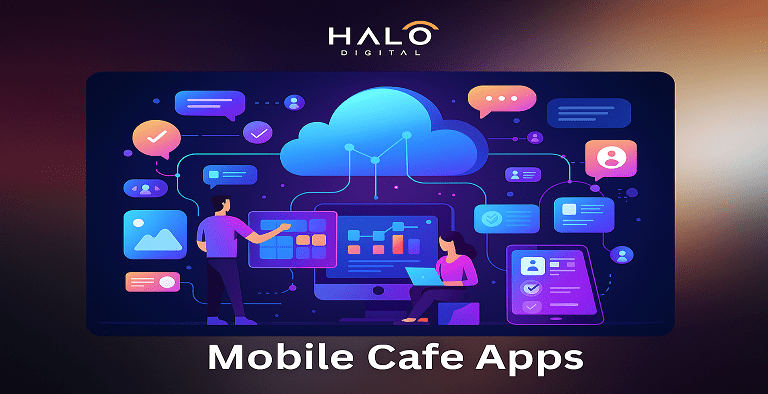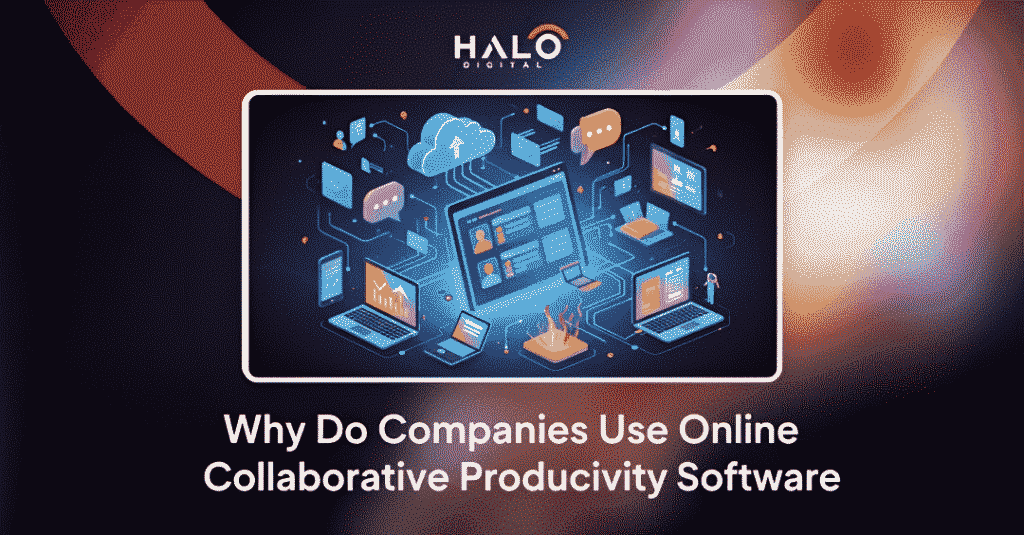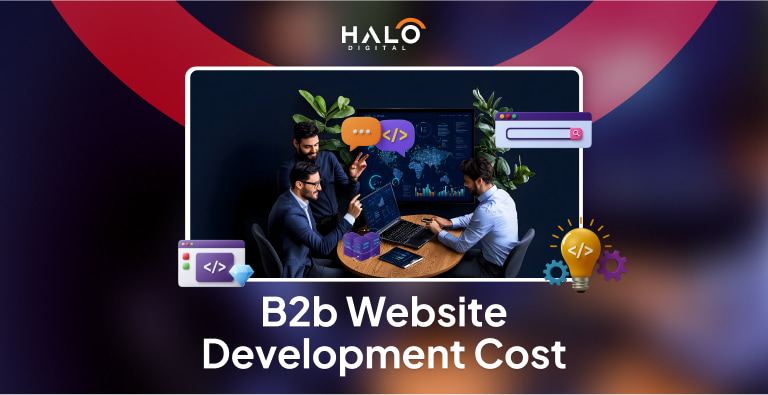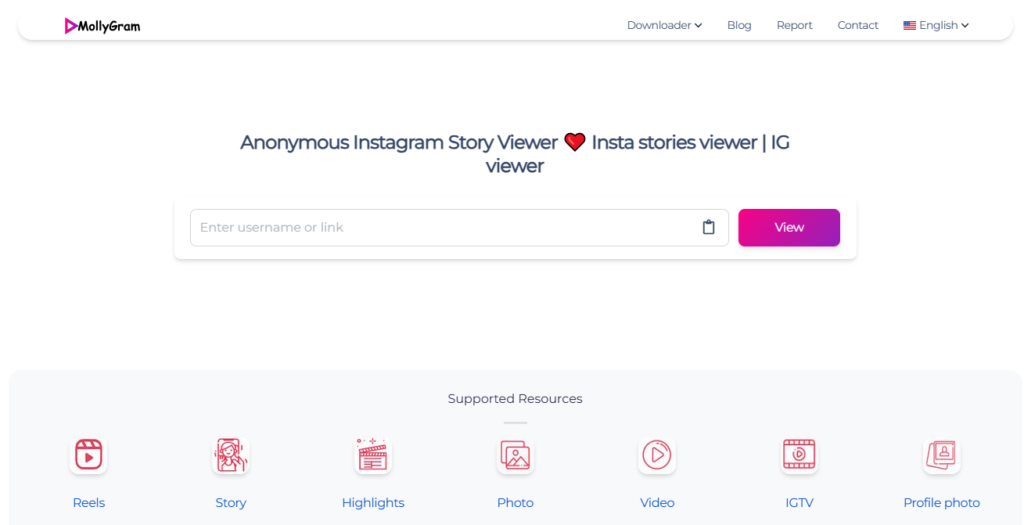- Over 65% of businesses now prioritize mobile accessibility in their ERP systems, making mobile ERP essential for modern operations.
- Mobile ERP apps enable real-time decision-making, faster approvals, and better team collaboration from any location.
- Companies gain a competitive edge by using mobile ERP to improve productivity, customer service, and data accuracy.
- Cloud-based and mobile-first ERP solutions reduce infrastructure costs while offering flexibility and scalability.
- Industries like manufacturing, retail, field services, and healthcare benefit most from mobile ERP’s on-the-go access.
Mobile enterprise resource planning (mobile ERP) is no longer optional.
In fact, studies show that 65 percent of businesses now prioritize mobile accessibility in ERP solutions.
Companies want their employees to access data and make decisions anytime, anywhere. This article will explain mobile ERP, its benefits, challenges, features, and future trends.
Modern businesses run on speed and data. Decision makers no longer want to wait until they reach the office.
With mobile ERP, sales teams close deals faster, field staff update records instantly, and managers track KPIs in real time. For many companies, adopting mobile ERP means staying ahead of their competitors.
What is Mobile ERP?
Mobile ERP refers to an enterprise resource planning system accessible through mobile devices such as smartphones and tablets.
Unlike traditional ERP, which requires desktop access, mobile ERP apps provide flexibility. Users can track inventory, approve requests, manage orders, and view dashboards on the go. It blends the power of ERP with mobile convenience.
Understanding ERP and Its Evolution
ERP systems have undergone a radical transformation over the past two decades. The past was when businesses relied on complex computer-based systems that required a lot of IT support. Nowadays, the move to mobile and cloud computing makes ERP affordable, accessible, and effective.
Basics of ERP Systems
ERP refers to Enterprise Resource Planning. It is a central system that integrates various business functions, such as HR, finance, sales, inventory, and supply chain. Instead of working with separate applications, ERP gives companies one source of truth.
This improves efficiency, minimizes mistakes, and allows leaders to make more informed decisions.
From Traditional to Cloud ERP
In the past, ERP applications were hosted by corporate servers. The hardware was expensive, the time for deployment was lengthy, and the maintenance was heavy. Cloud ERP was the next step, which is hosted through the internet.
Cloud ERP cut costs, made upgrades simpler, and let users access the system from any web browser. Cloud ERP also allowed remote work and collaboration across the globe.
The Rise of Mobile ERP
The next step in ERP’s evolution is mobile. ERP mobile applications bring cloud ERP to tablets and smartphones. Instead of being tied to computers, employees are able to access ERP functions anywhere they go.
Mobile Enterprise Resource Planning is in sync with the ever-growing need for real-time information and helps businesses that work outside of the office.
Key Features of Mobile ERP
Mobile ERP is much more than a small version of the desktop ERP. The best mobile ERP systems are created to increase the usability of decision-making and make it easier to work when working in dynamic settings.
Real-Time Data Access
One of the greatest benefits that comes with mobile ERP is real-time data. Sales reps are able to check availability of stocks during client meetings. Finance teams can track the flow of cash instantly.
Managers can view the latest KPIs and not have to wait for reports. In real time, the decisions are based on the most actual, not obsolete, information.
Role-Based Dashboards
ERP mobile applications typically provide specific dashboards for roles. Warehouse managers can view the inventory levels and shipping, and a CFO can see financial performance.
This feature helps to avoid excessive information and allows users to only view the most important information. My experience has shown that dashboards based on roles boost efficiency by helping teams stay focused.
Offline Access and Sync
Every location may not have steady internet. This is the reason offline mobile ERP is a crucial feature. Employees can track transactions and change information without internet connectivity.
When the device comes back up and running, the data will sync in with central systems. This is crucial for businesses like field service, construction, and logistics.
Push Notifications and Alerts
Mobile Enterprise Resource Planning systems provide instant alerts for order approvals, updated orders, or low inventory. These notifications make those in charge proactive instead of reactive.
For instance, a manager is able to approve purchase requests in minutes. Based on my personal experience as a consultant, I’ve observed the speed at which timely alerts can improve the workflow of businesses.
Security and Compliance Tools
Because mobile ERP involves sensitive data, security is an important consideration. The features include multi-factor authentication, encryption, and access based on role.
Certain mobile ERP apps also comply with regulations in the industry, such as GDPR and HIPAA. Strong mobile ERP security ensures businesses keep their trust and gain from the flexibility of mobile.
Benefits of Mobile ERP for Businesses
The adoption of mobile ERP can transform how companies run their operations. Benefits range from efficiency to satisfaction with customers.
Improved Productivity
Employees have less time to switch between various systems. With ERP mobile applications, jobs such as approvals, reports, and data entry are completed in a matter of minutes rather than hours. Efficiency increases because employees don’t have to wait until the moment they’re at their desks.
Faster Decision Making
Decisions in business require immediate access to reliable information. Mobile ERP gives executives dashboards with analytics, alerts, and dashboards in real-time.
I have witnessed CEOs approve multimillion-dollar deals directly via their mobile phones. More rapid decision-making often translates into competitive advantage over time.
Better Collaboration
Departments are often in silos. Mobile ERP can break down silos by offering a shared platform.
HR, finance, sales, and supply chain teams work more efficiently. The updates from one department are immediately visible to everyone else.
Enhanced Customer Experience
Customers expect instant responses. Through mobile ERP, sales teams are able to confirm the availability of the product as well as provide updates on orders and address issues immediately. This flexibility builds trust and boosts satisfaction of customers.
Cost Savings and ROI
Mobile ERP can cut costs due to manual tasks, mistakes, and delays. Also, companies save on IT infrastructure when compared with traditional ERP. Over time, the benefits exceed those costs of mobile ERP implementation and provide a substantial return on investment.
Transform how your business operates with real-time insights and mobile ERP access, built and optimized by Halo Digital.
Challenges and Limitations of Mobile ERP
Despite its benefits, mobile ERP adoption comes with its own set of challenges. Understanding the limitations of mobile ERP can help companies to plan better.
Security Concerns
Security of mobile ERP is a major concern. The devices can be stolen or compromised. If you don’t have solid encryption and authentication, the security of sensitive corporate data could be at risk. Businesses should put money into secure mobile ERP systems and enforce strict guidelines.
Connectivity Issues
Although mobile ERP provides mobility, it still relies on the availability of the internet. Poor connectivity can disrupt workflows. Offline mobile ERP features can reduce the burden, but not every ERP system has them.
Device Compatibility
Mobile ERP applications must run on a variety of screens and operating systems. Issues with compatibility can hinder adoption. The company should make sure that its ERP mobile app is fully functional on all devices employed by their workforce.
User Training Needs
People may not like change and find it difficult to learn new methods. A proper onboarding process and ongoing training are crucial.
Based on my experience, businesses that invest in education see more efficient adoption and less errors.
Integration with Legacy Systems
Many companies still rely on older software. Integration of mobile ERP with these legacy ERP systems can be complicated and expensive.
Inefficient integration can be detrimental to effectiveness and leads to data silos that defeat the goal of ERP.
Best Practices for Mobile ERP
To reap the maximum benefit out of mobile ERP, businesses must adopt best methods. These steps help ensure that mobile ERP adoption is smoother and more quantifiable outcomes.
Assessing Business Readiness
Not all companies are prepared to go mobile with mobile ERP. Businesses should evaluate their current processes, skills of staff and infrastructure. This readiness assessment can avoid expensive surprises in the process of implementation.
Choosing the Right Mobile ERP Vendor
The selection of the right vendor is crucial. Businesses should choose companies that have an established track record of mobile ERP systems, strong security and solutions that are tailored to the industry. Reviewing reviews from customers and case studies aids in making an informed choice.
Integration with Existing Systems
The seamless integration of data ensures that it flows between departments without interruption. All of the best mobile ERP systems connect easily to accounting, CRM HR, accounting, and Supply Chain platforms. Integration can reduce duplicates and errors.
User Onboarding and Training
Success in adoption depends on user confidence. Businesses should conduct training sessions, design easy guides, and provide support. Based on my experience, the proper onboarding process can significantly increase the rate of success for ERP.
Monitoring Success Using KPIs
Companies must establish precise KPIs prior to the implementation of mobile ERP. The metrics like the time it takes to process orders, speed of approval, and customer response time, can help gauge the success. The tracking of KPIs guarantees that the investment is delivering actual value.
ERP Use Cases Across Industries
Mobile ERP isn’t limited to just one industry. Its flexibility makes it useful for all businesses and sectors. Here are a few of the most effective applications.
Manufacturing and Supply Chain
Manufacturing companies rely on efficiency. Mobile ERP allows production managers immediate visibility into the inventory, orders, and the performance of machinery. Teams in the supply chain can monitor the shipments of their customers and make adjustments to schedules immediately.
For example, if the raw materials are in a hurry, managers are alerted and can alter their plans for production. This helps reduce downtime and ensures the smooth running of processes.
Retail and E-Commerce
Retailers utilize mobile ERP to manage inventory as well as track purchases by customers and alter prices on the fly. Store managers can easily assess the availability of products and check the status of orders.
For online sales, mobile ERP ensures that inventory on and off the internet is in sync. This helps prevent overselling and increases trust of customers in the company’s reputation.
Field Service and Maintenance
Field technicians’ mobile ERP is a game changer for field technicians. They are able to access work orders, check repair status, and even capture customer signatures on their devices.
Offline mobile ERP features allow technicians to record their work in remote areas that are not connected. This improves billing speed and enhances service delivery.
Healthcare and Pharmaceuticals
In the field of healthcare, mobile ERP supports compliance and efficiency. Doctors are able to access patient information securely, pharmacies can monitor the inventory of medicines, and administrators can keep track of expenses.
Pharmaceutical companies also gain from providing transparency in supply chain that is essential to ensure regulatory compliance. Mobility-based ERP security tools safeguard sensitive research and patient information.
Construction and Real Estate
Construction projects require multiple contractors with budgets, deadlines, and schedules. Mobile ERP allows managers to track costs track project milestones, monitor progress, and make changes to schedules on the spot.
Real estate companies utilize mobile ERP to manage property sales, contracts, as well as interactions with customers. The ability to update information immediately prevents costly delays to projects.
Future Trends in Mobile ERP
It is likely that the future in mobile ERP is shaped by technological advancements. Businesses that adopt these trends will gain competitive advantage.
AI and Predictive Analytics
Artificial intelligence can enhance mobile ERP by predicting demand as well as identifying anomalies and automating processes. Predictive analytics can help businesses predict requirements for inventory and identify the risks earlier.
Based on my experience, businesses employing AI in ERP cut down on the amount of waste they produce and increase planning accuracy.
IoT and Connected Devices
The Internet of Things (IoT) connects devices and sensors to ERP systems. For instance, the machines in a factory are able to automatically update ERP systems with information about performance.
Mobile ERP will then notify managers about maintenance requirements prior to breakdowns happening. This helps reduce downtime and cost.
5G and Improved Connectivity
5G is set to transform mobile ERP by offering faster and more stable connections. Remote businesses will benefit from a seamless sync of data.
Field teams can access ERP dashboards at no time, even in high-volume data scenarios such as video inspections.
AR/VR Applications in ERP
Augmented Reality (AR) along with VR (VR) are gaining traction as part of mobile ERP. Field workers can utilize AR overlays to fix equipment.
VR-based training programs that integrate with ERP will prepare employees for challenging tasks. These technologies increase productivity and learning.
Personalization and UX Advances
In the future, ERP mobile applications lies in personalization. The systems will adjust dashboards and workflows according to the preferences of each user.
The latest advances in the user experience (UX) design can help to make mobile ERP apps more intuitive as well as reducing the need for training, and increasing the adoption.
Mobile ERP vs Traditional ERP
Businesses frequently compare mobile ERP vs traditional ERP before making a final decision. Both have strengths, however mobile ERP offers more advantages.
Traditional ERP required access to the office and a large IT infrastructure. Mobile ERP extends these features to smartphones, allowing flexibility, speed and lower prices. Below is a table that highlights the major distinctions between the two.
| Factor | Traditional ERP | Mobile ERP |
|---|---|---|
| Accessibility | Desktop-based, office-only | It is accessible from any device, including smartphones and tablets |
| Deployment | High infrastructure, on-premise | Mobile-first and cloud-based, light |
| Cost | Maintenance and upfront costs that are high. | Lower upfront cost, scalable pricing |
| Updates | Time-consuming and manual | Automated, seamless updates |
| Connectivity | A stable office network is required. | Many ERPs work with internet connectivity, and many offer support for offline mobile ERP |
| Security | Rely of local IT policies | Innovative mobile ERP security with encryption and tools to ensure compliance |
| User Experience | Complex, training-heavy | Mobile-friendly, simple, role-based dashboards |
| Decision Making | The delay is due to the limited access | Rapider and more accurate decisions in real time with alerts and data |
Conclusion
Mobile ERP is changing how companies operate. It brings the capabilities that come from ERP with the versatility offered by mobile phones. Benefits include increased productivity, speedier decision-making, and enhanced customer experiences. Integration and security issues are manageable by a suitable company and strategy. Companies that adopt mobile ERP today position themselves for success over time.
Partner with Halo Digital to Build a Smarter, Mobile-Ready ERP Solution
At Halo Digital, we help businesses streamline operations and make smarter decisions through powerful, user-friendly Mobile ERP systems.
Our Tampa mobile app development services and solutions are designed to scale with your business, connecting teams, automating workflows, and giving you complete visibility across departments.
From consultation to deployment, we ensure a smooth digital transformation that enhances productivity, strengthens data control, and accelerates growth.
Whether you are upgrading an existing ERP or building one from the ground up, our experts deliver end-to-end solutions that align with your goals and help your team perform at its best.
Why Partner with Halo Digital
- Tailored ERP solutions built around your business processes and goals
- Seamless integration with cloud, mobile, and existing enterprise systems
- Scalable architecture designed for long-term performance and flexibility
- User-friendly interfaces that empower teams with real-time insights
- Dedicated support from planning to post-launch optimization
Talk to Our ERP Experts Today!
FAQs
What is the difference between mobile ERP and cloud ERP?
Cloud ERP is hosted online and accessed through browsers. Mobile ERP extends cloud ERP features to mobile devices, allowing employees to work from anywhere with ERP mobile apps.
Can mobile ERP be used offline?
Yes. Many offline mobile ERP solutions allow users to record data without internet access. Once reconnected, the data syncs automatically. This is especially useful for field service and remote industries.
Which industries benefit most from mobile ERP?
Manufacturing, retail, healthcare, construction, and field services benefit the most. These industries require real-time data access, mobile updates, and faster decision-making capabilities.
How much does it cost to implement mobile ERP?
The cost to implement a mobile ERP system typically ranges from $3,000 for small businesses to over $200,000 for large, custom-built solutions. Pricing depends on your company size, number of users, features, integrations, and whether you choose a cloud-based, off-the-shelf, or custom system. Cloud options are usually the most affordable to start, while fully custom mobile ERP apps offer flexibility but require higher upfront investment.
What are the best mobile ERP systems for small businesses?
Small businesses often prefer Odoo, ERPNext, and Acumatica because they balance affordability, flexibility, and mobile accessibility. Odoo offers modular customization, ERPNext is open-source and easy to scale, and Acumatica delivers powerful cloud-based mobility.
Can mobile ERP work offline or without internet access?
Some mobile ERP apps, like SAP Mobile or Odoo’s field modules, offer limited offline functionality, allowing data capture that syncs once online. However, full offline support is rare and usually requires custom development.
How secure are mobile ERP applications?
Modern mobile ERPs use end-to-end encryption, multi-factor authentication, and secure APIs to protect business data. For maximum security, choose cloud providers with ISO/IEC 27001 certification and enforce user-level access controls.

Abdullah Mangi is an SEO strategist and content writer with 5 years of experience helping businesses grow online. He writes about programming, tech, online business, and practical how-to topics. Abdullah has worked with clients in SaaS, software development, web design, link building, yacht rentals, gardening, car rentals, and recruitment.



















